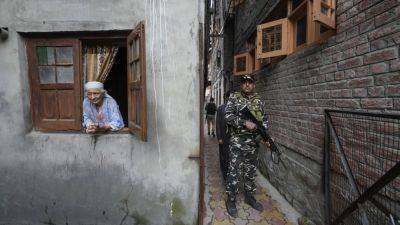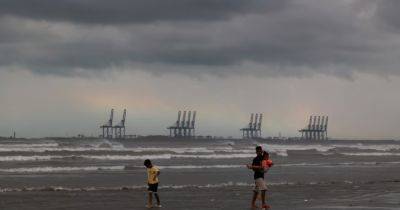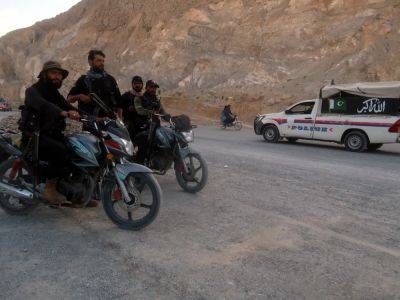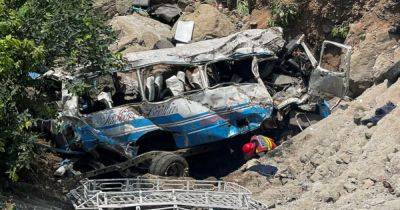Improving India-Pakistan ties
August 28, 2024
ISLAMABAD – NEVER have India-Pakistan relations been so bad for so long. They barely exist today. In a polarised but interdependent world, with the Doomsday Clock tick-tocking towards midnight, this is an unfortunate situation, to put it mildly.
The need for improved relations between these neighbouring nuclear weapons countries, one with the largest population in the world and the other with the fifth largest, should be obvious.
Pakistan, as the smaller of the two countries, has a relatively greater interest in restoring at least a minimum of exchanges and cooperation, and the restoration of informal or indirect discussion on how to address the more serious differences in a mutually acceptable manner.
India, on the contrary, has evinced a more or less complete lack of interest in any substantive interaction with Pakistan. It sees Pakistan as a failing terrorist state with few, if any, options from which it merely needs to protect itself. Accordingly, it sees no point in entering into discussions with such a state.
Even in Track 2 meetings, these attitudes prevent any serious discussions which could feed back into official policies of the two countries towards each other. Discussions, even when friendly and polite, tend to degenerate into accusations and counteraccusations reflecting official, indeed national, attitudes towards each other. They tend to become zero-sum point-scoring, which eventually becomes uninteresting and a waste of time.
The question arises: how can a broader spectrum of people from both countries, including officials, intellectuals, journalists, business people, all kinds of professionals and specialists, cultural representatives, students, tourists, etc, have greater interaction







